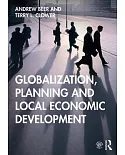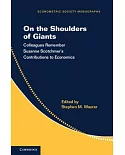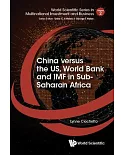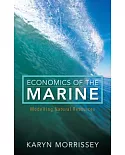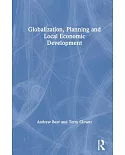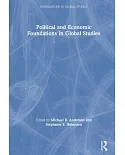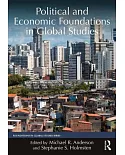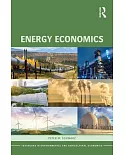Little attention has been paid to the role of the European economies, and notably of the euro area, in the current global imbalance of international payments and growth rates, leading to
somewhat simplistic views of Euroland contributing to limiting those imbalances and providing a template of economic policy for the twenty-first century. In addition, an influential view
continues to stress the need for deeper and more comprehensive supply-side, structural reforms as a means to protect Euroland from potentially adverse global developments and play a
positive role in the orderly correction of global imbalances. The contributions in this volume challenge this view and compellingly question, from a variety of angles, many popular beliefs
about the road to virtues of Euroland, providing a comprehensive and fresh framework to address important questions for the future of the euro, from a critique of current macroeconomic
policy institutions to proposals for both soft and tougher modifications of euro institutions, all pointing to a key question for the future of Europe: will the single currency project
contribute to world economic dynamism or will it be driven by the vigour and vitality of others? Will Euroland act as global player or global drag?


